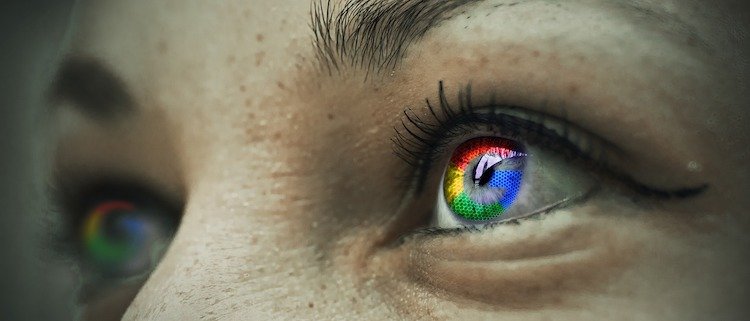
Photo Credit: Gerd Altmann
Anthropic continues on its journey of gaining billions in backing, despite UMG, Concord, and ABKCO slapping a major copyright infringement lawsuit onto the AI Startup. For Google, the lawsuit is insignificant background noise, and the latest investment is a testament of its eagerness to compete with Microsoft and Amazon in the lucrative cloud-computing market — and a drive to keep pouring resources into AI — no matter what.
Anthropic — despite being buried in a legal pile-on by major labels — continues to spread its wings. UMG, Concord, and ABKCO allege the AI startup is conducting systematic and widespread infringement of their copyrighted song lyrics, but Anthropic is scoring big.
As Google doles out $2 billion in funding, Anthropic has landed in an epic AI tug-of-war. Major labels are trying to pull it down, and tech giants Amazon and Google are fueling it for success.
According to the Wall Street Journal, Alphabet-owned Google already invested $550 million in Anthropic last year. Now, Google has added another $500 million upfront, committing $1.5 billion more to go to Anthropic’s funding pool — over time.
Last month, DMN reported on Amazon’s $4 billion funding commitment to Anthropic — consisting of $1.25 billion upfront to secure a minority stake in the AI company, and the remaining $3.75 billion committed to be funded over time. The announcement came merely four weeks before UMG, Concord, and ABKCO sued Anthropic AI for copyright infringement.
Founded in 2021 by former OpenAI engineers (and siblings) Dario and Daniela Amodei, Anthropic aims to develop generative AI models that can rival OpenAI — a goal that emerged after the siblings’ dispute with OpenAI founder Sam Altman over the safe development of artificial intelligence.
With a focus on beating OpenAI at its own game, Anthropic’s AI assistant Claude competes with ChatGPT, alongside another tool for business customers.
Realistically, for Anthropic to compete with OpenAI and dominate the market, the startup requires deep-pocketed backers that can foot the bill for AI’s expensive need of data and resources — resources that are required to train AI models.
Originally backed by Sam Bankman Fried’s FTX, Anthropic had to hunt for other financial backers following the crypto exchange collapse in 2022.
AI systems require billions of dollars to train advanced versions of their models, and tech giants like Google are more than happy to climb onto the backs of promising startups in hopes of cashing in on an overnight success — like that of ChatGPT. Google’s latest investment in Anthropic reflects the company’s eagerness to develop tech that would kick start its AI-powered audio, text, and images softwares.
Moreover, the WSJ reports that a multiyear deal with Google Cloud worth over $3 billion is underway with Anthropic, with the contracts already signed months before the latest funding.
Amazon, Microsoft, and Google are the three most significant providers of on-demand cloud computing and have all displayed their ties to either OpenAI or Anthropic. The two AI startups have the greatest ambitions — and probably also the competence — of delivering the most advanced future intelligence models.
In January, Microsoft invested $10 billion in OpenAI — adding to the $3 billion already invested, to gain a whopping 49% stake in the maker of the ChatGPT bot. Led by Sam Altman, OpenAI uses Microsoft’s Azure cloud platform to train its algorithm.
Google is on a mission to seize the biggest AI success, and isn’t putting all its eggs in one basket. The tech giant also invested in AI startup Runway, which creates video production tools, and an open-source software service called Hugging Face. Google has already spent many of its billions on its own AI systems, including the unreleased ‘Gemini’ — also developed to rival ChatGPT.

